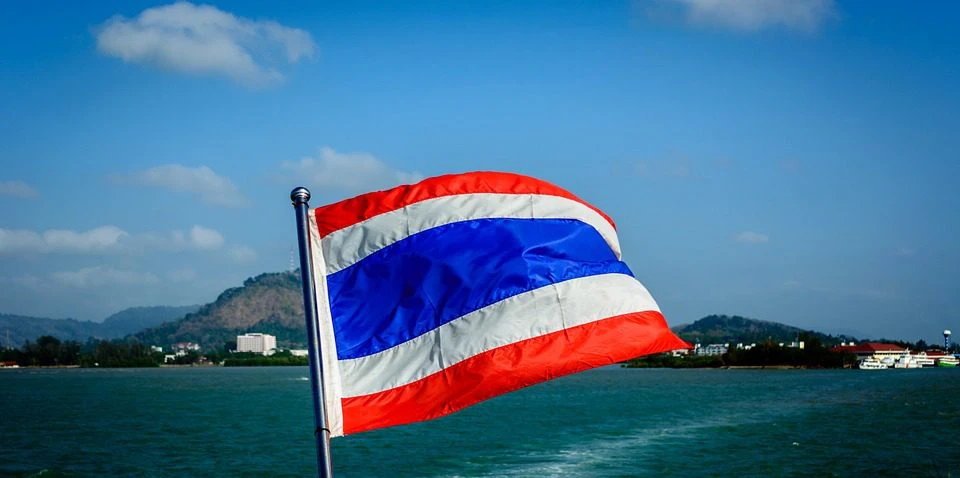Thailand casinos are becoming a reality with the government publishing draft rules for IRs for public comment.
Published to allow for a period of public comment running to 18 August, draft regulations set out how integrated resorts will operate in Thailand. The country has been discussing legal casinos for some time, with house members approving a draft Entertainment Complex Bill in March this year.
The initial rules set out 30-year licences. Operators will be evaluated every five years, while each renewal period runs for a maximum of 10 years.
Thailand casinos will be overseen by a policy committee and executive committee chaired by the prime minister, Srettha Thavisin, responsible for facilitating the development of regulation and smoothing the process towards launch. Day-to-day regulation will be handled by a new government body, the Comprehensive Entertainment Commission.
Initially a government committee under the prime minister will oversee the Thai casinos project. This will include the minister of finance, the minister of tourism and sports, the minister of social development and human security, the minister of commerce, the minister of interior, the minister of justice and the commissioner-general of the Royal Thai Police.
What fees must operators pay for Thailand casinos?
Operators must pay an initial 5bn baht (£110.9m/€129.4m/$141.9m) to acquire their first licence, in addition to a 100,000 baht application fee.
Annual fees are priced at 1bn baht, while for operators renewing their licences, they will again have to pay 5bn baht. All renewed licences are also subject to the 1bn baht annual fee, while operators requiring a duplicate licence must pay 100,000 for each copy.
Thai nationals must also pay a fee each time they enter an integrate resort casino. This fee is being set at 5,000 baht for each entry. In terms of taxation, the current draft rules do not yet include specific figures.
Casinos must form part of a wider integrated resort of at least four entertainment businesses such as a restaurant, amusement park, department store, hotel or area for promoting Thai culture. Thai casinos must also be located in an area specified by a Royal Decree.
At present, legal gambling in Thailand is limited to state-controlled horse racing and lotteries. However, illegal gambling – including underground casinos – is widespread across the country.
Integrated resorts: long time coming for Thailand?
Legal casinos have long been talked about in Thailand but there has been little movement on the regulatory front. Hopes grew after Prime Minister Srettha Thavisin came to power last summer, bringing with him a positive view of legalisation.
While yet to launch, there is already chatter that the Thailand market could become a major casino gaming hub. One analyst said the Thai industry could overtake Singapore for gross gaming revenue.
There should no shortage of interest in applicants for integrated resort licences, with high profile operators already talking up the opportunity.
Who might consider Thailand?
Among those considering constructing a Thailand casino is MGM Resorts International. Speaking after its recent Q2 results announcement, CEO Bill Hornbuckle reiterated its interest in the Thai market, adding that he will be viewing an “opportunity” in the country this month.
“That is a venture that we’re interested in. And if we do, do that, we’ll do it through MGM China Holdings,” he said.
Wynn Resorts CEO Craig Billings also hinted at a Thailand move during a Q1 earnings call earlier this year. He said the group would “closely monitor advancement of the legalisation process”.
Las Vegas Sands CEO and chairman Robert Goldstein made similar comments in the group’s Q1 call. He said the operator “absolutely has interest in Thailand”.
“It’s a very, very exciting market in a lot of levels. Just the sheer size of population, the accessibility and the willingness of people travel to Thailand,” he said. “It’s obviously, I think, number one resort destination city in Asia. It’s early days, although we still have work to do with the numbers and understanding it.”
However, Bloomberry Resorts Corporation rejected speculation that it could build a new casino in Thailand. This came in response to reports it was also considering a move should the country legalise integrated resorts.

